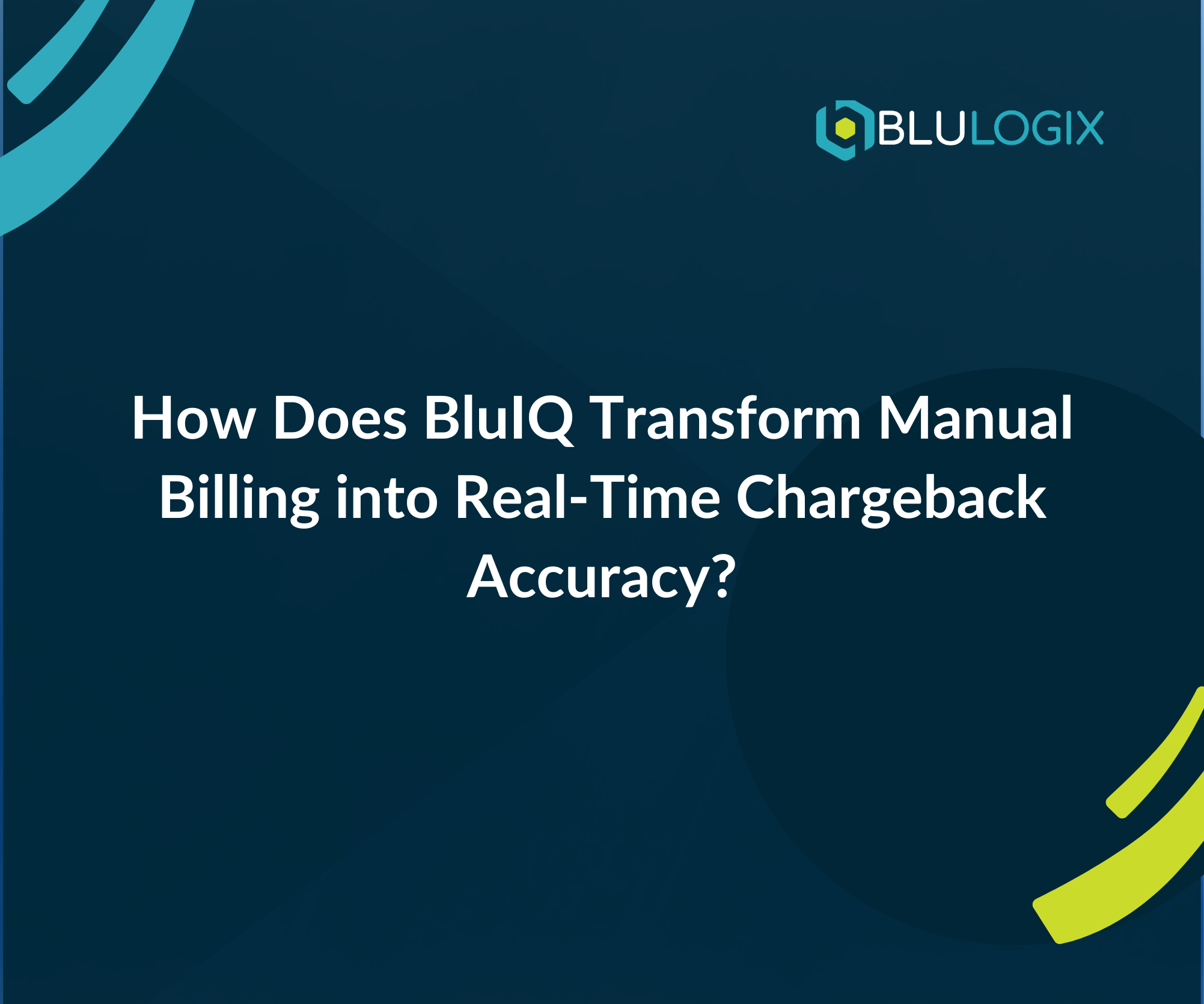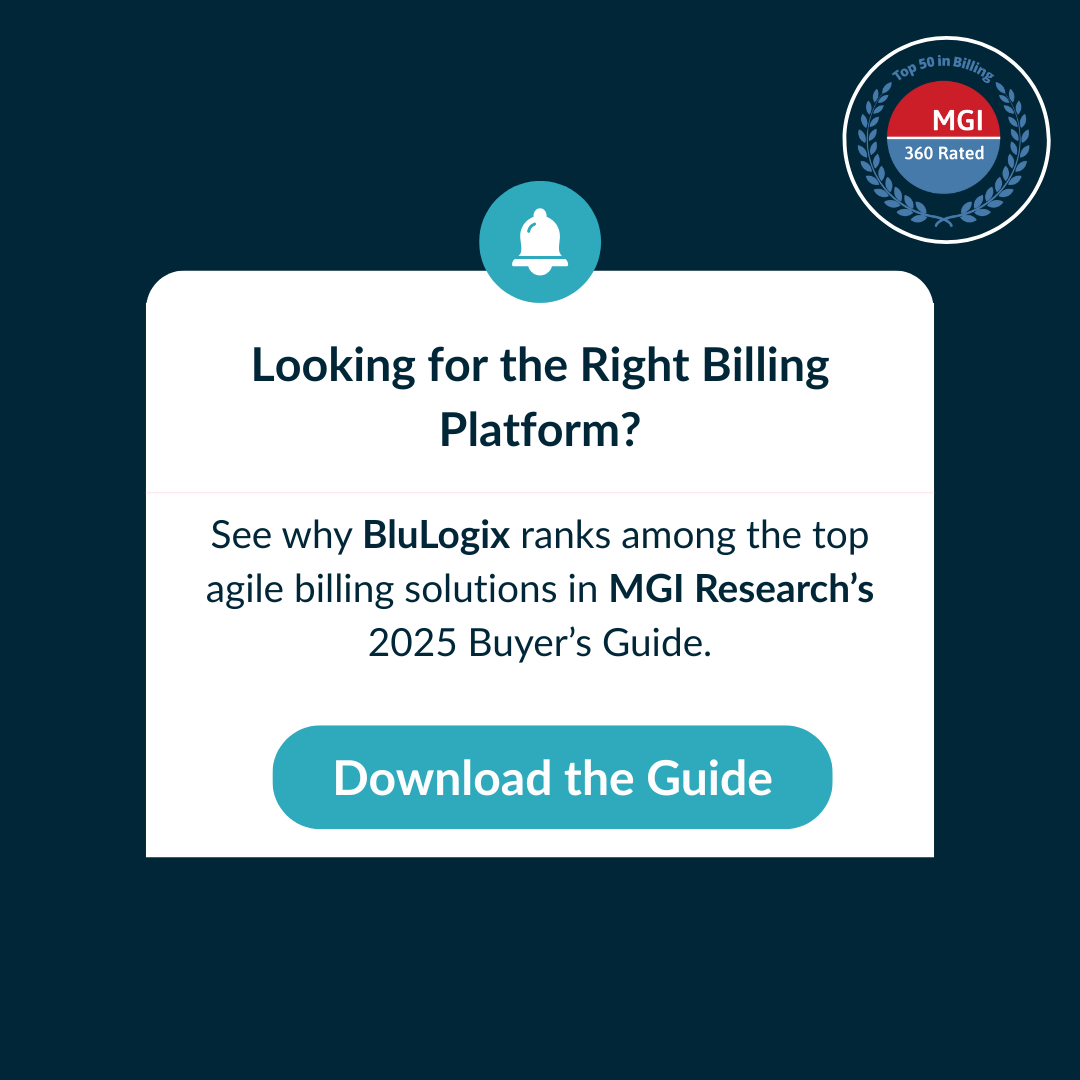CPQ Software, What To Know Before You Buy
CPQ or “Configure Price Quote” software enables sales organizations to Standardize and Automate their quoting processes to build velocity, scale, and efficiency.
Quote with Speed & Ease
Standardizing applies to everything from your product catalog, pricing, and contract terms to approvals for the sales you make. By reducing customization in your sales process, standardization shrinks time to market, shortens sales cycles, and prevents lost profit margins.
Automating, in the context of CPQ, is applied to the full quote-to-cash process, so every handoff, submission, and approval can be streamlined. By automating every step in the cycle you ensure that quotes are consistently created and accurately converted to orders. End to end automation ensures that charging rules are quickly and correctly applied, every time.
Who Should Use CPQ?
The CPQ process is most beneficial in complex, technical sales, where it is a powerful tool for configuring deals, driving consistency, and building a winning sales machine. However, the best application of CPQ is for those B2B companies, who leverage CPQ software to streamline their sales process for complex B2B subscriptions.
- When selling to businesses, you need to configure multiple scenarios and tailor your service model to appeal to them.
- B2B customers often need service across multiple locations and billing in different (or even multiple) currencies.
- Businesses often negotiate their payment and contract terms, which must then be built into your monetization process.
Filling the Gaps and Building Scale
Compared to manual processes, or attempting to create capabilities in your existing solution stack, a CPQ solution has many advantages. If your company faces a challenge with speed, consistency, and accuracy in your sales model, a dedicated CPQ sales solution outperforms other options and may be your best choice.
Your Options
Many companies attempt to address gaps in legacy processes with the tools they have on-hand, but these don’t scale or don’t provide the flexibility you need.
- Applying manual processes via spreadsheets or word documents is one common approach, but these tools are labor-intensive, inefficient, and present a nightmare scenario for tracking, reporting, and record-keeping.
- Your existing CRM or ERP systems do better on automation and efficiency, but these come up short too. They simply are not effective as a system of record for your standardized product catalog, and they lack flexibility for supporting complex pricing plan options.
The first step in moving to a CPQ model is to define your Standardized Service Catalog.
Building A Standardized Service Catalog
For many, the first (and biggest) challenge for moving to a CPQ model is transitioning to a standardized service catalog. Making this change will help drive your business toward an efficient and predictable sales process, but making this move requires you to re-think the ways your sales process works today.
To start evaluating your current process, I recommend asking yourself these Seven key questions about your sales model.
Seven Key Questions
- What Do We Sell? – What are our current offerings?
- What is Our Revenue Cycle? – Do we sell by product? – by service offering? What commonality and complexity exists now in our current product portfolio monetization?
- How Complex is Our Revenue Process? – Would it be considered as simple or complex for our market and as compared to our competitors?
- Where is Our Opportunity? – Does opportunity exist in the current market? What are the key drivers of future opportunities? How does market opportunity tie to strategic goals and monetization objectives?
- What is New and Upcoming? – What new products and services are currently planned? How will these offerings be monetized?
- Where are Our Operations Falling Short? – Are there customer needs that we now cannot meet because of operational issues?
- What Environmental Impacts Do We See? – Are external industry trends or regulatory changes creating business imperatives for our organization or customers? How will this affect monetization, if at all?
The answers to these 7 questions should be captured and documented and used to drive a serious evaluation of your sales process. You’ll need these insights to plan your CPQ implementation, and they will help you define your company’s Monetization Framework.
Integrating CPQ into Your Monetization Framework
Because a CPQ touches on broader considerations, which span the entire quote-to-cash process, it’s important to plan your CPQ implementation within the framework of how your company monetizes customer interest.
Making a CPQ decision without considering its place in this larger ecosystem can create siloed processes that constrain your company’s ability to scale… and should be avoided.
That’s one reason I recommend building a complete end-to-end Monetization Framework, before making any CPQ decision. Planning your monetization framework first, will help you define the full process before implementing your software tools. This planning provides insight that will help you make the right decisions when choosing and implementing CPQ software.
CPQ Decision Checklist
You should gather specific research to help understand outcomes. Here is a checklist of items you should create in preparation and have available as you begin planning:
- A current product catalog with inventory and pricing information
- A current services catalog with provider and pricing information
- A list of product or service attributes that must be tracked for billing or provisioning
- Documentation of all pricing use cases
- Tables of your products and pricing, including discount schemes
- Lists of bundled items or packaged components and their pricing formulas
- Historical sales and net profit by product or service line
- Documentation of your strategic planning and market positioning
These are critical elements, having these answers at your fingertips will prevent disruptive delays to your implementation while your team tracks down these details. You will be able to move forward with facts and details, instead of relying on guesses and overviews. This detailed orientation is crucial to getting the most from your CPQ implementation.
The complexity of B2B Monetization
The complexity of B2B Monetization is something you should not under-estimate. CPQ, as a key process within your monetization strategy, can help you build a strategic advantage to help outperform your competition. Here is a quote from MGI Research that states this well:
“The demand for custom pricing models and flexible terms is counter balanced by the challenges of delivering these capabilities at scale. Across most key world economies, the number and complexity of regulatory and audit requirements are mounting while the timeframes to reach compliance are getting shorter. Against this rapidly accelerating backdrop, product innovation and revenue optimization are the critical levers for growth and profitability. In the face of these opportunities are threats. Progressive organizations are focusing on the key processes and new monetization tools to sharpen their edge.”
As CPQ software continues to penetrate the market, you should plan carefully around the decisions you make, to ensure that you do not box yourself in. A well-conceived CPQ solution will help your company remain flexible and adaptable, so you can meet your customers’ needs and win new opportunities.
Quote with Speed & Ease
By making your sales process faster, consistent, and responsive, driving your monetization model through a CPQ software tool helps your company serve your customers and build a sustainable competitive advantage.
Learn more

How AI and Predictive Analytics Are Transforming Revenue Processes for Finance Teams

How Can Public Sector Organizations Turn Chargeback into Strategic Cost Recovery?



